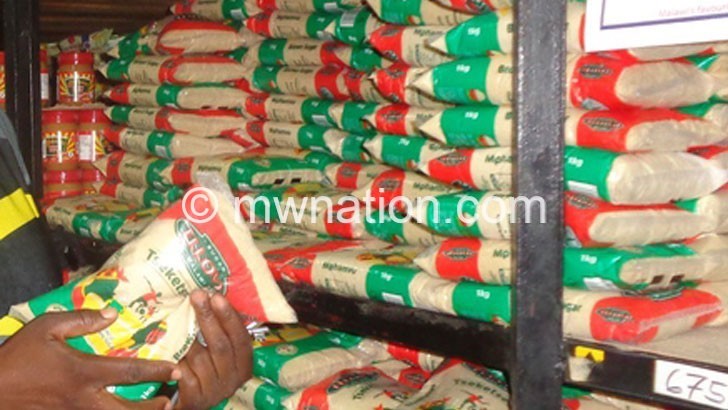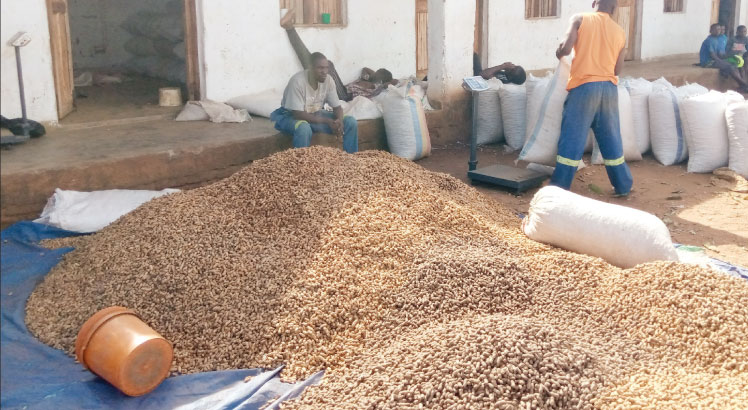Illovo speaks on sugar prices amid reduced exports
Listed sugar manufacturer Illovo Sugar (Malawi) plc says it will continue with its internal reforms to reduce production costs, amid concerns that their product is expensive on the local market.
The company’s communications and stakeholder relations manager Olive Kawelama said in a written response on Friday that much as the firm is keen to offer better prices, it also has to consider the interests of all stakeholders.

She said: “Our price increases in the last decade have been below local inflation and our last adjustment effected in December 2019 was a 13 percent reduction.
“It is also important to appreciate that other stakeholders like our growers and minority shareholders in our business are adversely impacted by any price reductions that are not adequately offset by gains via increased domestic sales or lower production costs.”
In March this year, figures from Illovo Sugar (Malawi) plc showed that with a production cost of K435 000 per metric tonnes (MT), the firm sells a tonne of sugar at K722 300 on the domestic market and K390 000 on the export market.
On retail, Illovo Sugar (Malawi) plc sells a one kilogramme (kg) pack of sugar at K800 while a two kg pack is sold at K1 500.
But Minister of Trade Sosten Gwengwe said government is planning to engage the sugar manufacturer to reduce its price or bringing in more players on the market to induce competition.
He said: “Their [Illovo] sugar is more expensive than the one which is exported. The export market is distorted as they are competing with others where sugar is subsidised and Illovo is forced to sell at low prices.
“If the trend continues, we may consider bringing in more producers to flood the market with sugar to ensure price stability, but it may also be bad for them [Illovo].”
Meanwhile, Illovo Sugar (Malawi) plc has lost its 12 000MT sugar export market to Kenya following the country’s decision to ban imports and suspend trading licences to curb influx of cheap sweetener on the domestic market.
This translates to an estimated K5 billion potential revenue loss going by the March figures.
The Kenya Government is worried that a sugar glut could potentially lead to the collapse of the local industry.
Kawelama said they have also been impacted by the recent cancellation of sugar import permits in Kenya, “necessitating that we look to alternative export markets”.





